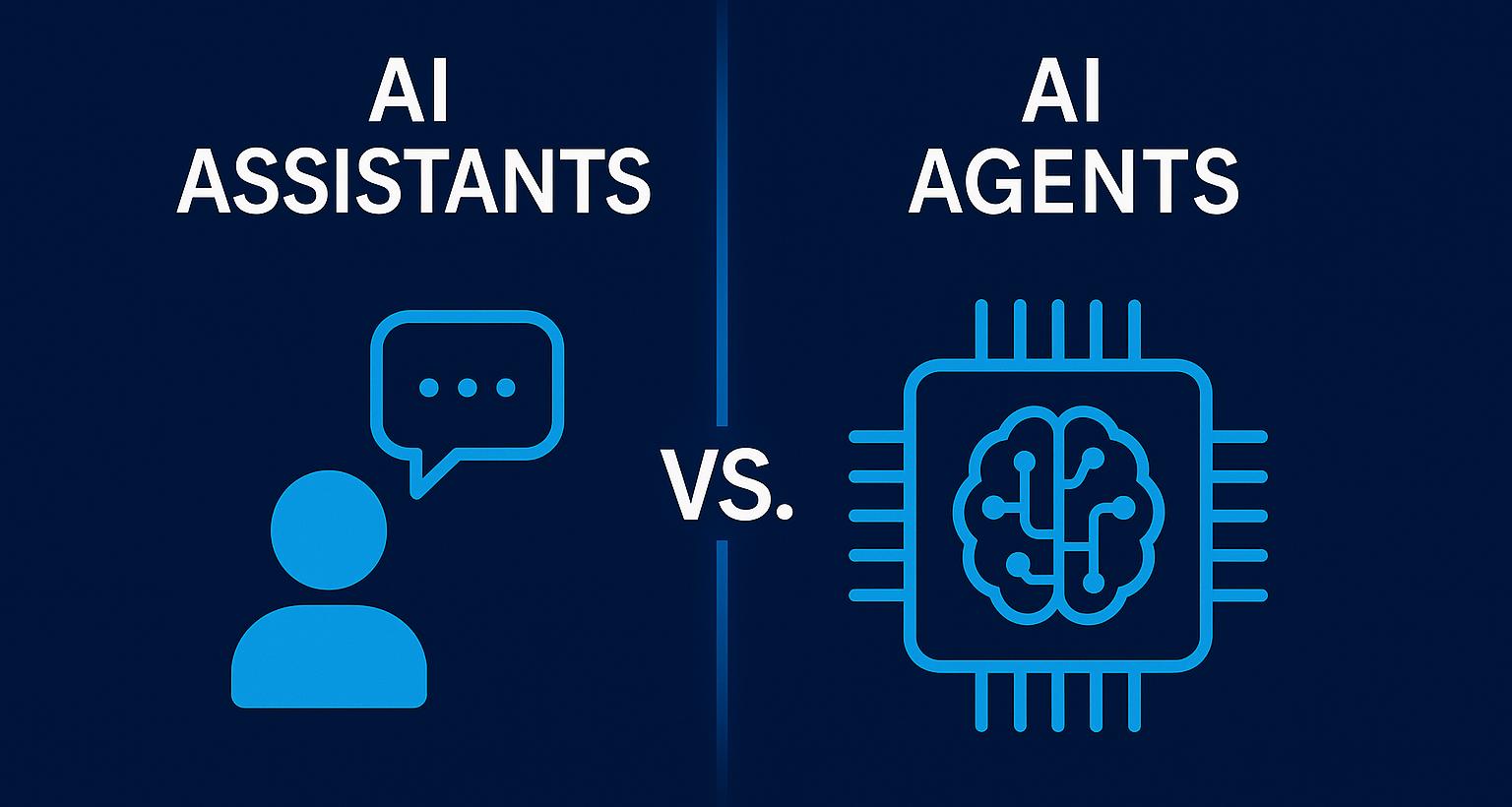Companies wanting to modernize their applications are often eager to migrate to Azure, but they don’t always think ahead to what’s next. What happens once they’re in the cloud and the partner they’ve chosen to help with migration finishes their work? How do they make the most of their new cloud environment? Knowing how and when to leverage cloud managed services can mean the difference between a highly successful cloud strategy, and one that’s lackluster.
It’s an issue we see time and time again, and it’s something we tackle for our clients in two different ways.
Learn Along the Way
The first is through training.
As we work with a company throughout their migration process, we believe that the most effective approach is one that engages, guides and trains the customer at every stage along the way. This means that we make sure that the company’s IT team is up to speed throughout the process, so that once migration is complete the team isn’t simply dropped into the cloud to face a steep learning curve.
Knowledge transfer happens along the way, not at the very end, so by the time migration has finished, the team is trained, self-sufficient and ready to operate and innovate in the cloud. Possessing a strong understanding of the migration process means that the team will be able to begin reaping the benefits of Azure and unlocking the company’s investment immediately.
This is a proven approach, and one that we’ve seen great success with… if there’s a team that’s available or willing to be trained.
Engage with Cloud Managed Services
The second approach is to provide managed services.
The reasons for choosing this option are plenty. For example, some companies work with a lean employee base, and don’t have IT professionals with available bandwidth to engage in the training process. Other companies might choose managed services because they simply don’t have an inclination to manage within the cloud once they’re there. Still, others lean towards cloud managed services because they have already outsourced their applications and want to continue with that model, while some companies just don’t have the experience or the confidence to manage within the cloud.
In any of these types of cases, we provide and recommend managed services. Our managed services enable a company to operate and grow within the cloud, and through these services we become an extension of the business’ team.
There are some significant benefits to a company choosing the managed services model. First, their workloads in the cloud are never stagnant. Improvements are constantly made in order to maximize their investment. This includes optimizing the company’s footprint in the cloud, looking for best practices, and leveraging capabilities. As Microsoft’s Partner of the Year, we are on top of any changes or capabilities that may arise and can make recommendations very quickly and efficiently.
Another benefit is that because it’s an SaaS model, companies can take back the reins any time it makes sense. If there are new hires or changes within the business that would benefit from managing the cloud internally, the handoff is simple and seamless.
Whatever approach works best for you, whether it’s learning and managing on your own or engaging in cloud managed services, maximizing your investment and modernizing your workloads in Azure should be your top priority. We’re here to help.

;)



